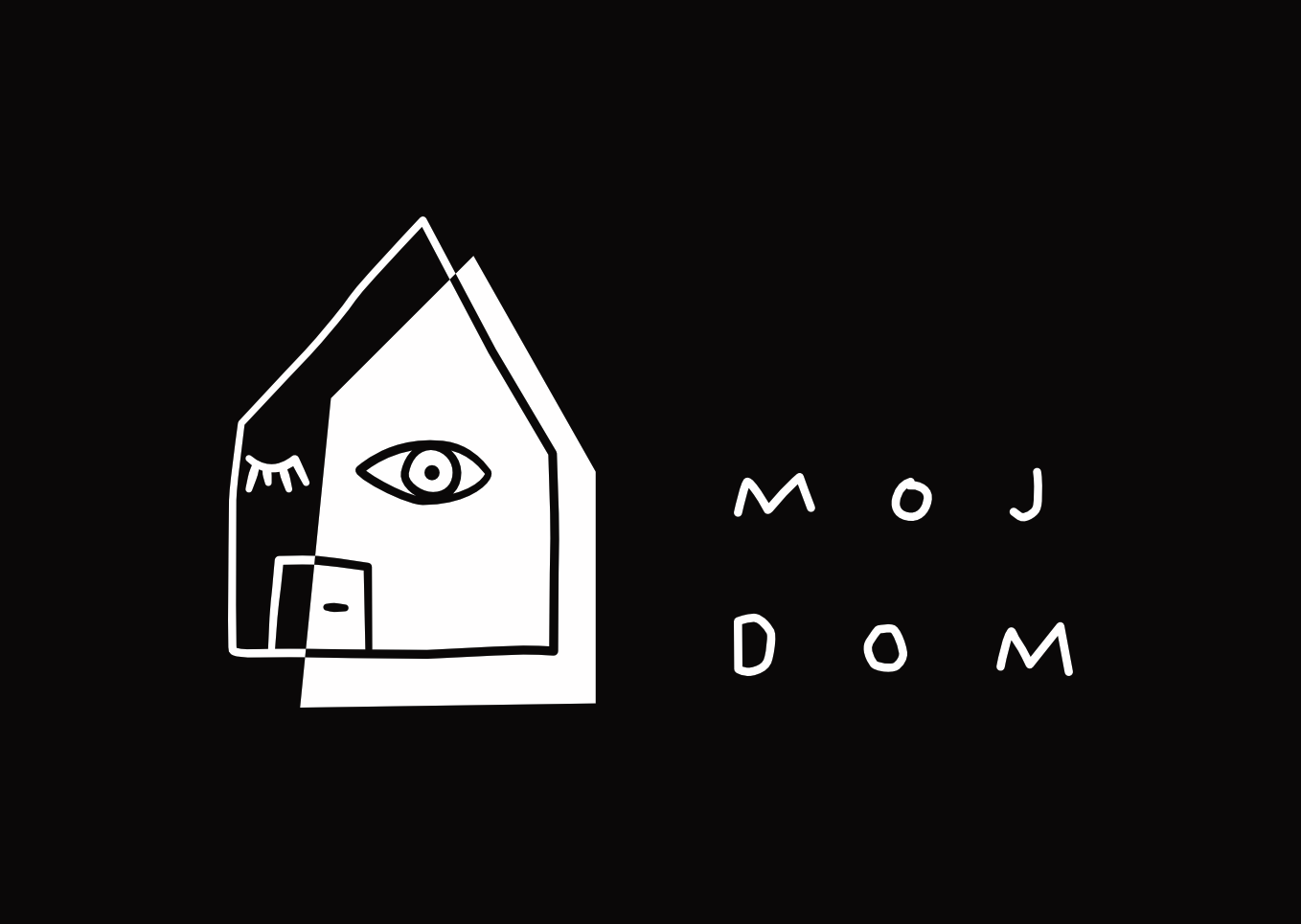Moj Dom | Refugees, migrations and erased memories in the aftermath of the Yugoslav wars
-
Duration
202220232024 -
Work area
Public artResearch -
Scope
European -
Funding
Cerv - Remembrance 2022 -
Status
In progress

Over 30 years have passed since the Yugoslav wars started, but the events still echo today. How people recall the wars – and the forced migrations or displacements due to them – affects internal diplomacy and the current cultural, educational, social, and urban policies.
The project Moj Dom, which means “My home”, delves into the different interpretations of the Yugoslav wars, considering the issues resulting from either traumas or exploited use of memories. Its core idea is that research can lead to collective reflections on how a war event changes the sense of home among those forced to migrate. Moj Dom analyses reception policies in arrival countries through focus groups and individual testimonies.
Moj Dom involves nine partners from five EU countries: Austria, Croatia, Germany, Italy, and Slovenia. Every partner gathers and shares a compendium of memories and oral testimonies about the consequences of migrations and displacements during the Yugoslav wars. Once the research is completed, the consortium organises educational workshops in secondary schools, universities, or local youth centres to fashion an educational toolkit.
Public art is a crucial component of the project. Namely, the consortium produces:
- A short documentary;
- A photo exhibition;
- A monographic publication exploring how those who have lost their homes have recounted their uprooting through art;
- A theatre play.
The research findings are compiled in a digital publication, accessible also at https://mojdomproject.eu
Read the EDS reports on project activities (WP1-WP10).Codici is the leading partner of the project.

Logo ☉☉ Ivana Ognjanovac and Mare Šuljak


